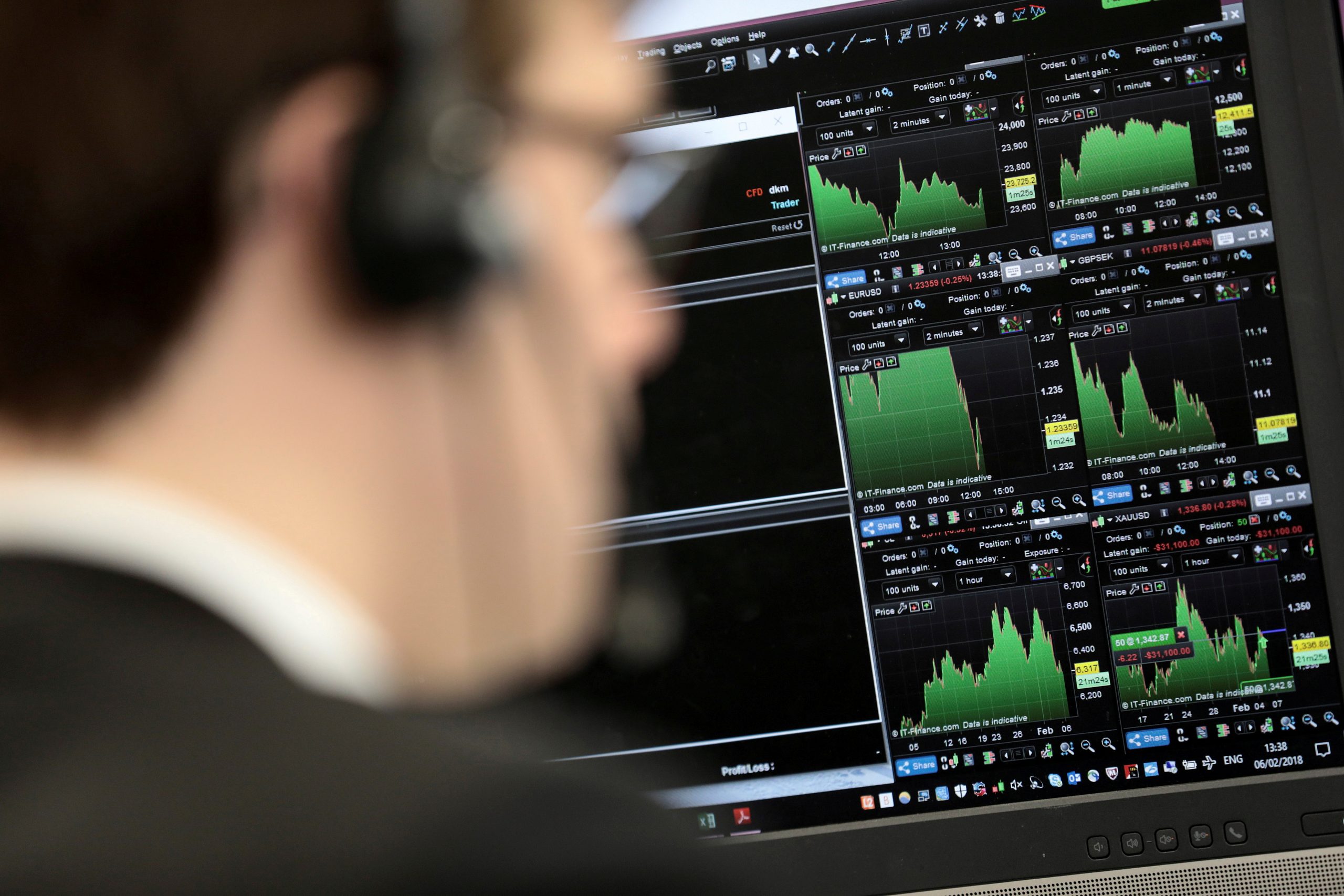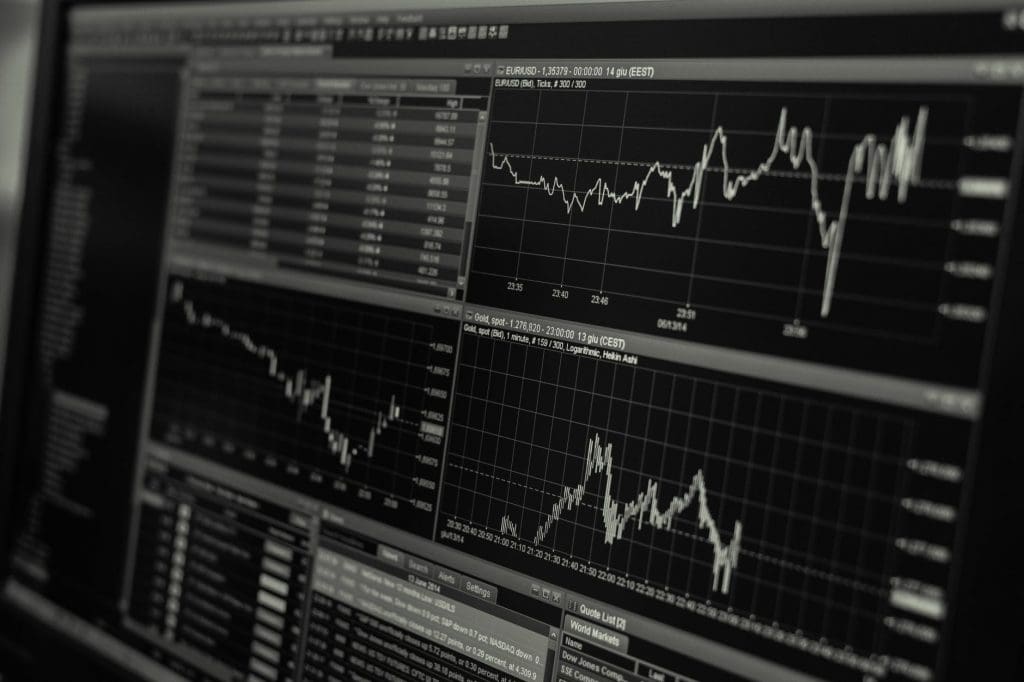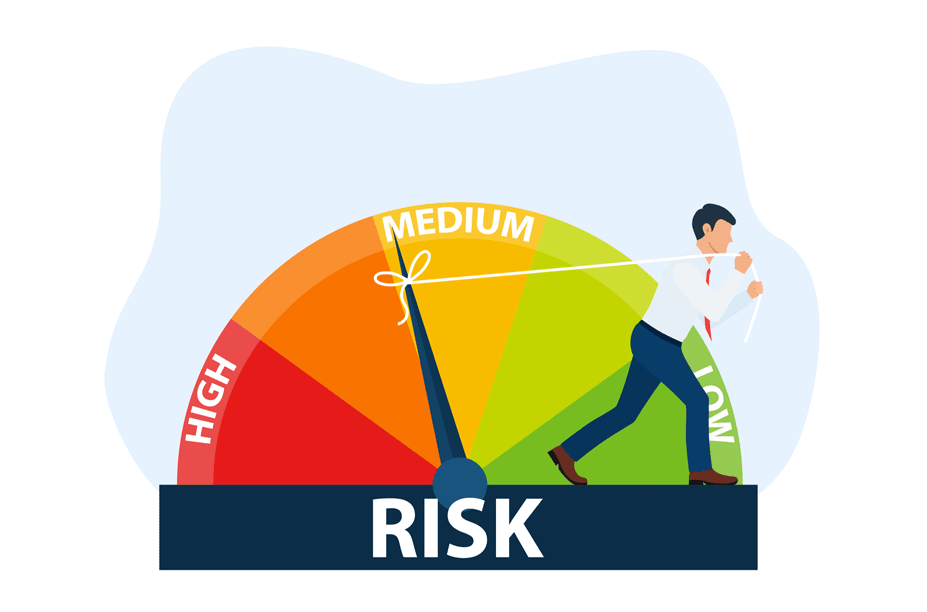
As an investor, you want to make your investments wisely to get the best returns possible on your money. Unfortunately, that’s easier said than done in today’s marketplace. In fact, the markets are being manipulated by what many people call dark pool trading, which could be hurting the traditional stock market as much as it helps it. In this article, we’ll examine dark pool trading and how it works, whether or not it’s hurting traditional stock markets and how you can avoid it in your own investments.
Overview of dark pool trading

A dark pool is a type of securities market. It’s basically a stock market where buy and sell orders are hidden from the public until the trade is executed. This allows for more Liquidity, which is when there are more buyers and sellers in the market. It also allows for more price discovery, which is when the true value of a security is found. Financial instruments that are traded in dark pools are typically large institutional trades that would move the markets if they were to be executed in public exchanges.
Having a large amount of liquidity and price discovery is beneficial to all market participants, but it doesn’t come without trade-offs. Many investors think that dark pool trading can hurt markets because it creates short-term distortions. This can happen when a very large block of shares is traded in a dark pool. Because dark pools hide order information from everyone else in the market, everyone else ends up buying or selling at higher or lower prices as they are responding to these trades that they can’t see. Essentially, while dark pool trading might offer great liquidity and price discovery, it also offers opportunities for people to engage in manipulative practices like front running. Front running occurs when an investor uses his knowledge of an impending transaction by another investor to execute a corresponding trade and make money off of it.
Negative effects of dark pool trading

While dark pool trading can provide some benefits, there are also some serious negative effects that should be considered. One of the biggest problems is that it can create an uneven playing field, with some investors having access to information and opportunities that others do not. This can lead to large financial losses for those who are not in the know. Additionally, dark pool trading can make it difficult to value financial instruments accurately, which can lead to market instability. Finally, this type of trading can allow for insider trading to occur more easily, as there is less transparency.
Perhaps one of their biggest problems is that they can create an uneven playing field, giving certain investors access to information and opportunities that others do not have. This can result in large financial losses for those who are not in on what’s happening in advance of a stock or bond offering. It’s also possible for large investors to enter into transactions outside of public markets, which could lead to inaccurate pricing if dark pool trades are done simultaneously with public trades.
Risks involved in dark pool trading

When it comes to dark pool trading, there are a few risks involved. For one, because these trades are not public, it’s difficult to know what’s happening behind the scenes. This lack of transparency can lead to some serious consequences, such as market manipulation. Additionally, dark pool trading can lead to higher levels of volatility and more sudden price changes. This can be especially dangerous for small investors who may not have the resources to weather such fluctuations. Finally, dark pool trading can concentration power in the hands of a few large institutions, which can create an unfair playing field for everyone else.
While trading in dark pools does have some benefits, there are also some drawbacks that investors should be aware of. One major risk is market manipulation, which can happen when a large investor or institution makes trades in a private pool and then uses that power to influence other stocks. This can create uncertainty in other stocks, as well as cause prices to change abruptly. Another risk involves lack of transparency; since these trades are not made public and don’t get displayed on an exchange, it’s hard for people outside of these pools to know what’s going on with a particular stock.
Are traders using dark pools to scam the market?

While the majority of dark pool trading is likely legitimate, there are concerns that some traders may be using the system to manipulate prices. After all, dark pools allow for large trades to be executed without affecting the market price. This could allow unscrupulous traders to buy or sell shares at artificially low or high prices. If enough traders are doing this, it could have a significant impact on the market as a whole. Of course, it’s impossible to know for sure if anyone is actually manipulating the market in this way. But it’s something to be aware of, especially if you’re considering trading in a dark pool.
While dark pool trading is legal, there are some concerns about its impact on market prices. To begin with, dark pools allow traders to buy and sell shares in larger amounts than would normally be possible. This is an advantage for large institutional investors who use these pools because it can allow them to buy or sell large blocks of shares without impacting prices. For example, a pension fund may want to sell 300,000 shares of a certain stock but doesn’t want that sale to impact share prices—and they could try using a dark pool to accomplish that.
How to protect yourself from dark pool scamming?

As an individual investor, you can take steps to protect yourself from becoming a victim of dark pool scams. First, be aware that dark pools exist and that they are often used for illegal activity. Second, research any broker or firm you’re considering working with to make sure they’re legitimate. Third, don’t blindly trust what you read online; do your own research to verify information. Fourth, be cautious of anyone who tries to convince you to make trades without providing adequate information. Fifth, never give anyone your login information. Sixth, monitor your account activity closely and report any suspicious activity to your broker or the SEC. Finally, remember that you are ultimately responsible for your own investment decisions.
Remember, though, that there are plenty of legitimate reasons to use dark pools. You may want to participate in dark pool trading if you’re concerned about large trades moving stock prices and affecting your investment experience or if you have a lot of personal information that you don’t want others to be able to access. Alternatively, you may choose a dark pool for tax purposes or because you need time for short-term trading strategies. Again, it’s important to educate yourself on all aspects of stock market trading so that you can make an informed decision.